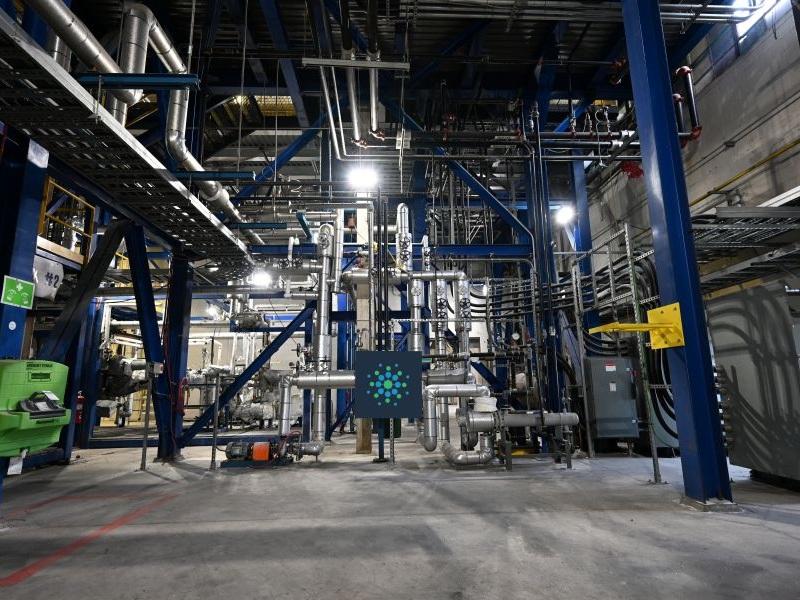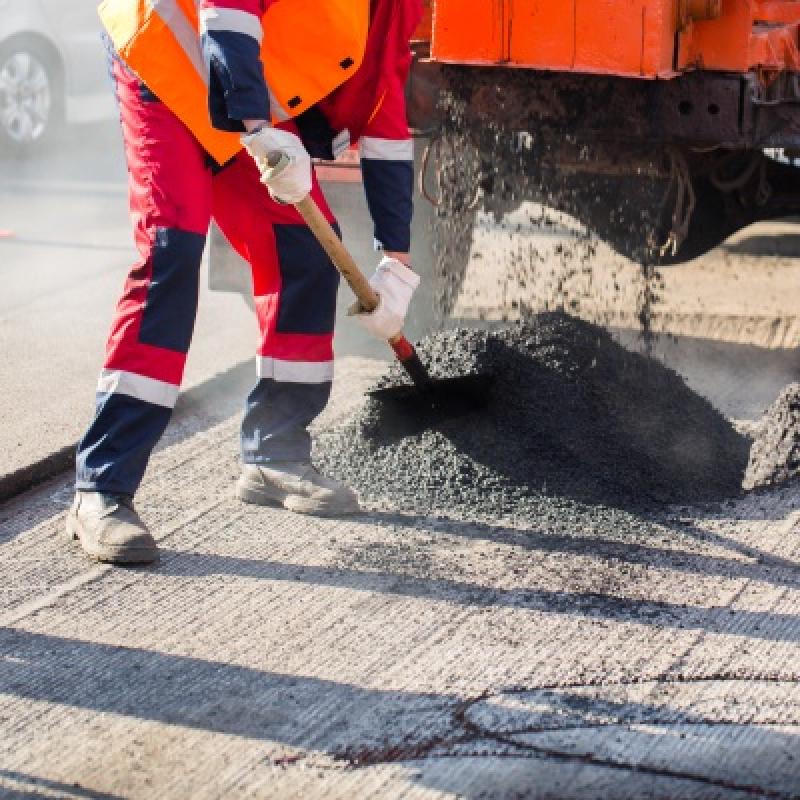
High demand for synthetic waxes which GreenMantra Technologies manufactures by recycling common plastics is propelling significant growth and expansion plans for the Brantford, Ont. company.
GreenMantra's waxes can be used in roofing and road paving applications - among other uses - enhancing the strength and life spans of products to which they are added.
The company was founded in 2010 by entrepreneur Pushkar Kumar, who commercialized a technology developed by his father Anil Kumar, a chemical engineer.
The process turns polyethylene and polypropylene, two commonly used commodity plastics, into waxes. The waxes can be employed as an additive which improves the durability of plastic pipes, or asphalt roofing and road materials.
In addition to reducing the amount of plastic waste going to landfills, the technology helps to lower resource consumption and carbon emissions through recycling and reuse.
“Our biggest focus is: how do we create the most value from a waste stream, and how do we do that both from economic value but also from sustainability value?” GreenMantra CEO Domenic Di Mondo said in an interview with Sustainable Biz Canada.
A molecular recycling company
Di Mondo described the company as a “molecular recycler" with a process that complements mechanical recycling.
At its facility in Brantford, GreenMantra receives sorted plastic feedstock from its mechanical recycling partners. The plastics are melted to break apart long molecular chains into smaller units, converting the waste into synthetic waxes.
“We were one of the first companies in the world to figure out how to do that from waste plastic as your feedstock, instead of crude or fossil sources,” Di Mondo said, “and how to do that at scale.”
Over 90 per cent of the plastic waste that enters the process exits as liquid waxes, he explained. At the end, the waxes are solidified and packaged for GreenMantra’s clients. Currently, the company’s major markets are Canada and the U.S.
The waxes can enhance asphalt used in road pavement and roofing, or be reused to make plastics. Between one and five per cent of the wax-based additive is typically mixed into the formulations of GreenMantra’s customers, Di Mondo said, improving the performance and/or processing efficiency of their production.
For instance, the additive can result in more heat-resistant and physically durable shingles. When added to pavement, it can strengthen roads, reducing the likelihood of it deforming under heavy weight.
The five to seven per cent of the plastics that are not turned to liquid waxes are converted to oils that can be blended into other mixtures used for applications such as lubrication or fuel.
GreenMantra’s technology diverts plastic waste and sequesters it in long-duration applications, Di Mondo said, and reduces dependence on fossil fuel-based synthetic waxes and rubbers.
The greenhouse gas emission reduction from using the company’s process varies between 30 per cent to over 50 per cent, depending on the fossil fuel product it is replacing, he added.
Loan to boost production by 50%

After several years of operations, GreenMantra closed a series of financings valued at $17 million in 2014 to expand its production capabilities.
Its latest expansion is continuing with a US$10-million loan from New York-based Closed Loop Infrastructure Group in September. The funds will be used to expand the production capacity of GreenMantra’s Brantford facility by 50 per cent.
Di Mondo did not want to disclose the size of the facility or the production capacity, citing competitive reasons.
Currently in a growth phase, he said GreenMantra is seeking new markets and product lines because of high demand.
He named Europe, Asia and South America as the potential new markets. While he would not disclose specifics about the product lines, Di Mondo said some will address buildings and infrastructure, and others will explore applications completely new to the company.
The expansion is expected to be finished by next year. Once that is complete, Di Mondo said the next step is to increase the company’s footprint with another production site.
GreenMantra is already evaluating potential sites for a new facility, which Di Mondo expects will likely be in Canada or the U.S.










